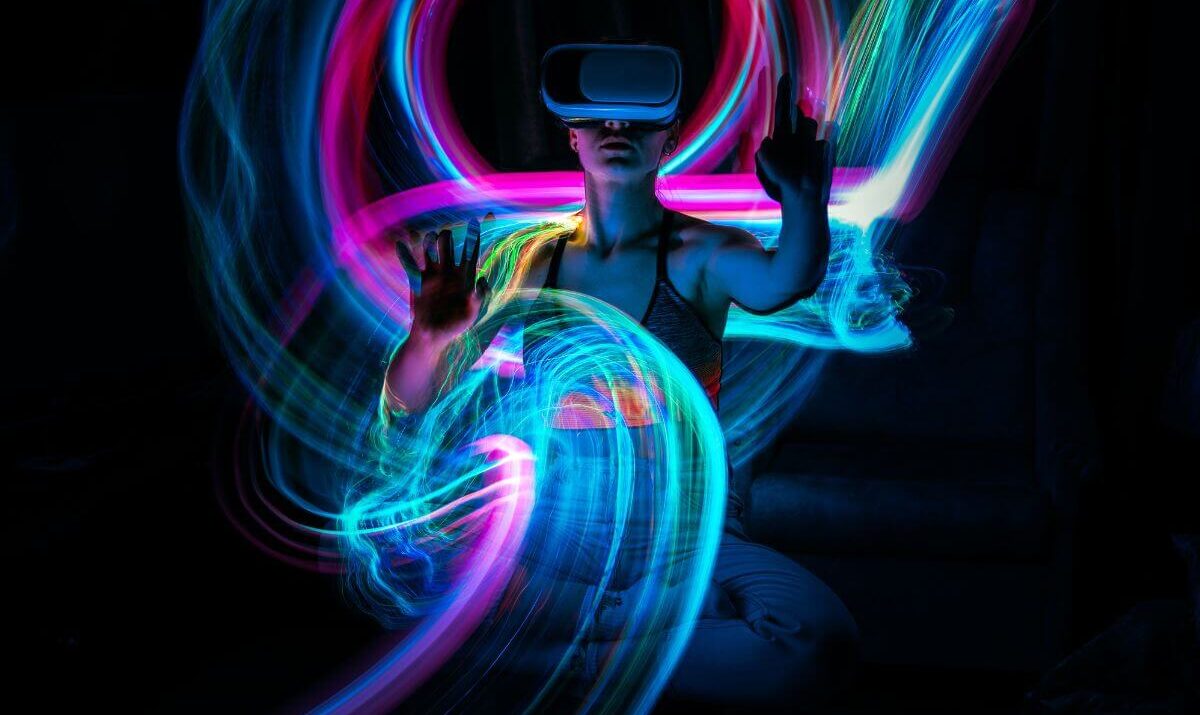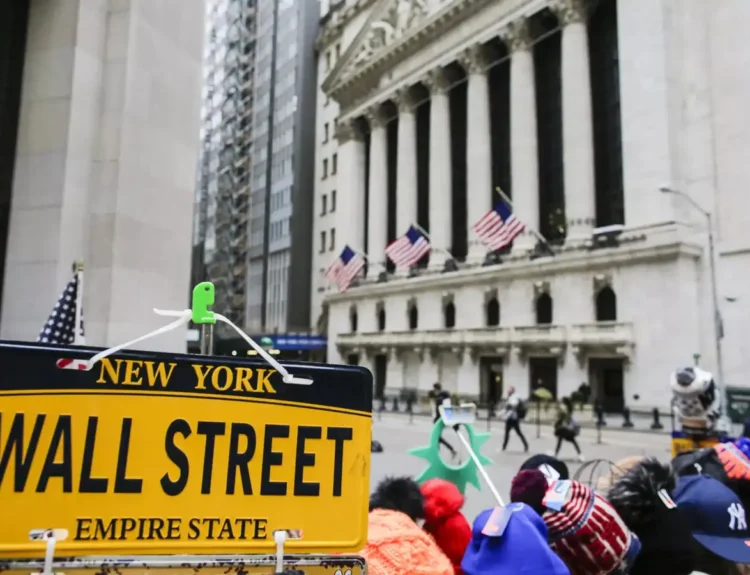As virtual reality takes over the world, the word “metaverse” has become a global talk point. The metaverse is an immersive online world, where users can interact, work, play, and even own virtual assets. With an online universe becoming so eerily similar to the real world, it is natural to wonder about the issues of digital property rights, governance, and control in these virtual worlds. Eventually, all these thoughts lead to one common question – who owns the metaverse?
In this article, we’ll dive into some fundamentals about the metaverse and try to understand who controls and owns these virtual worlds.
What is the Metaverse?
The metaverse is a collective virtual shared space created by combining a virtually enhanced physical reality with a virtual space. The Metaverse includes the internet, virtual reality, and augmented reality. It’s an expansive network of interconnected virtual worlds where people can socialize, work, and transact just like they do in the real world.

Who Owns the Metaverse? The Key Metaverse Players
Tech Giants and Corporations
Google, Microsoft, Facebook (now Meta), and other such tech organizations are heavily involved in the progress of the metaverse. They are spending billions of dollars on its research and development. These companies are providing users with a virtual platform to interact with each other, buy and sell digital assets, and even create their own virtual worlds.
Mesh by Microsoft and Meta’s Horizon Worlds are examples of such proprietary platforms where users can create content and interact within these spaces but the overall control and ownership would lie with the organizations.
Decentralized Platforms
Platforms like The Sandbox and Decentraland are decentralized platforms that apply blockchain technology to distribute user ownership and control. For instance, users in Decentraland can buy parcels of virtual land as NFTs (non-fungible tokens) and get ownership rights over that digital property. As users get significant control over their virtual assets and creations, this decentralized approach is proof that ownership rights in the metaverse can be more democratized.
Government in the Metaverse
Centralized Governance
The governance is usually centralized in platforms that are owned and controlled by big tech companies. In their virtual worlds, these companies set the rules, manage the infrastructure, and control the content and interactions that happen within. This allows the company to enforce uniform standards and policies, thus offering users a more stable and cohesive experience. However, it also raises concerns about monopolistic control, data privacy, and censorship.

Decentralized Governance
Decentralized platforms generally apply community-driven governance models to their metaverse. Users can impact the operations of the virtual world by proposing new features, voting on changes, and even influencing the platform’s direction,. This makes the virtual world more democratic and inclusive.
However, since getting a consensus among a wide user base is challenging, this model can cause difficulties in coordination and decision-making.
The Role of Blockchain and NFTs in Who Owns the Metaverse
NFTs and Blockchain technology are crucial in clarifying who owns the metaverse. A blockchain ensures that digital assets within the metaverse are truly owned by the users by providing a secure and transparent way to record ownership and transactions. On the other hand, NFTs enable unique, verifiable ownership of virtual items across different industries, ranging from real estate to art and virtual fashion.
In the Sandbox, for instance, the users can purchase virtual land, develop it, and even monetize their creations. To ensure that their ownership is indisputable and transferable, these assets are recorded on the blockchain. This ownership type is distinct from the traditional online games and platforms, where the virtual possessions of users are in control of the platform.

Legal and Ethical Considerations
Regarding the legal and ethical considerations in the metaverse, issues like digital property rights, intellectual property, and user privacy need to be addressed properly. Currently, the legal frameworks have been unsatisfactory in handling the challenges of virtual governance and ownership.
Due to this, people are still hesitant and are shrouded with multiple worries like what would happen if a user loses access to their digital assets due to platform shutdowns or policy changes or how disputes over virtual property will be resolved.
This proves that the metaverse needs strong legal frameworks and policies to protect users’ rights and ensure fair governance.
Who Owns the Metaverse Conclusion
While the metaverse’s popularity is increasing every day, critical concerns like ‘who owns the metaverse’ are looming over the minds of the general public. While tech giants currently have significant control over the virtual worlds, decentralized platforms are gradually changing this by bringing in democratic and user-centered models of virtual ownership and governance.
As the metaverse continues to grow, the future will depend on finding the right balance between ownership, governance, and control, and creating a fair, ethical, and inclusive virtual world.










